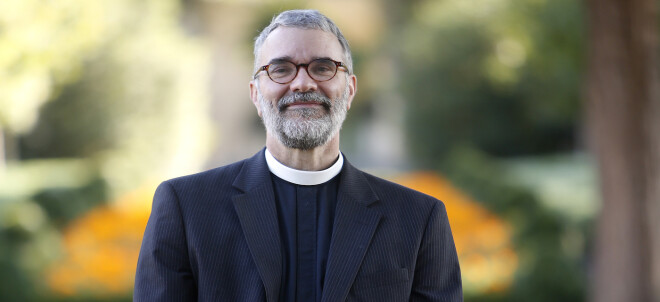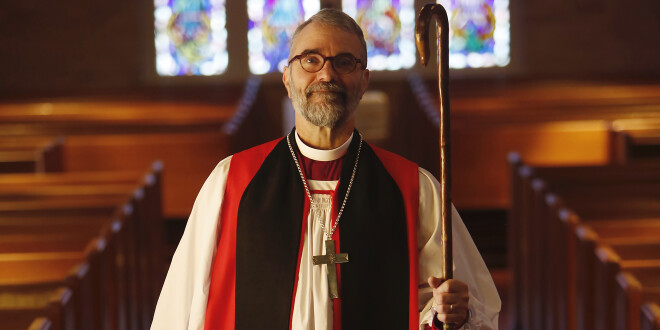Communion Matters XIV: Elements of Communion 3: The Book of Common Prayer

In the task of keeping a communion of Christians together, beyond all those non-theological factors like cultural tastes, social and economic status, etc., perhaps a shared set of beliefs (for example the Creed), or a shared source of authority (the Pope comes to mind) are the most obvious answers. But one of the most powerful answers is how a group prays. Worship stands at the crossroads of belief, formation, and pastoral care. Liturgies bound Christians together for centuries, especially in times when change was not so much in the air as a good in and of itself. However no tradition looked so deliberately to the formation and shared prayer provides more than us Anglicans (Episcopalians). And the shape that formation has taken, since the mid- 16th century, has been the Book of Common Prayer, originally written by the Archbishop of Canterbury Thomas Cranmer. He preserved and knit together elements of the great tradition he inherited, but he also contributed his own distinctive emphases, and these are worth mentioning. They provide the contours of our own shared formation as Anglicans across the centuries and continents. And they have their influence even as they invite local cultural adaptations along the way.
Let me offer seven features of the BCP which continue to contribute to a shared Anglican way of being Christians together across cultures. The first is the intention, from its inception in the 16th Century, to offer common prayer that preserves what is best from the tradition while it keeps the emphasis squarely on the grace of God in Jesus Christ which we respond to in faith. In other words, the liturgy of the BCP is implicitly catholic and reformed, and so is our shared outlook, though emphases obviously vary from place to place. Consider our communion service, where Christ’s offering of himself ‘once offered, a full, perfect, and sufficient sacrifice’ has pride of place, though we also hear of a ‘sacrifice of praise and thanksgiving’ we make in response.
But an evangelical friend might object: why the emphasis on the BCP instead of the Bible, itself the Word of God? The answer is that the BCP is an arrangement of the words of Scripture both in the prayers themselves, and as we hear the Bible day by day and week by week. My friend Ephraim Radner has spoken of the Anglican spirituality of being soaked in Scripture.
Thirdly, the BCP has been translated into a plethora of languages, and in this translation has meant that Anglicans pray a similar way anywhere you might be on a Sunday morning, and yet that translating creates a vocabulary and a classic of prayer for each culture. In my own ministry I learned to appreciate the ‘Shakespearean’ Kiswhahili of the BCP much as we do in English.
Fourth, it is good to realize that, until the BCP, daily prayer in the morning and evening was for monks, nuns, and priests. But Cranmer wanted to transfer this spirituality of the consecration of time and work to the laity. Likewise, fifthly, the catechism is meant to inform the instruction of the young in an ordinary local parish (which themselves involve a theology of the consecration of place).
The last two features might be called the ‘less is more’ aspects of our tradition. The basics are set forth, but personal devotions, music, styles of preaching, etc. are left to the discretion of the bishop and the local congregations. Likewise the Book places a strong emphasis on the round of prayer for the life cycle, the pastoral ministrations of birth, maturation, marriage, illness, and death. All these are consecrated to God in Christ.
It must be acknowledged that the Prayer Book has always been debated, and a wide array of alternatives may be found in many Communion Churches now. But the skeletal structure, as well as the sensibility, reaching back to Cranmer himself, may still be discerned across Churches, and these are a ‘goodly heritage’ we as global Anglican share.
Peace,
+GRS




